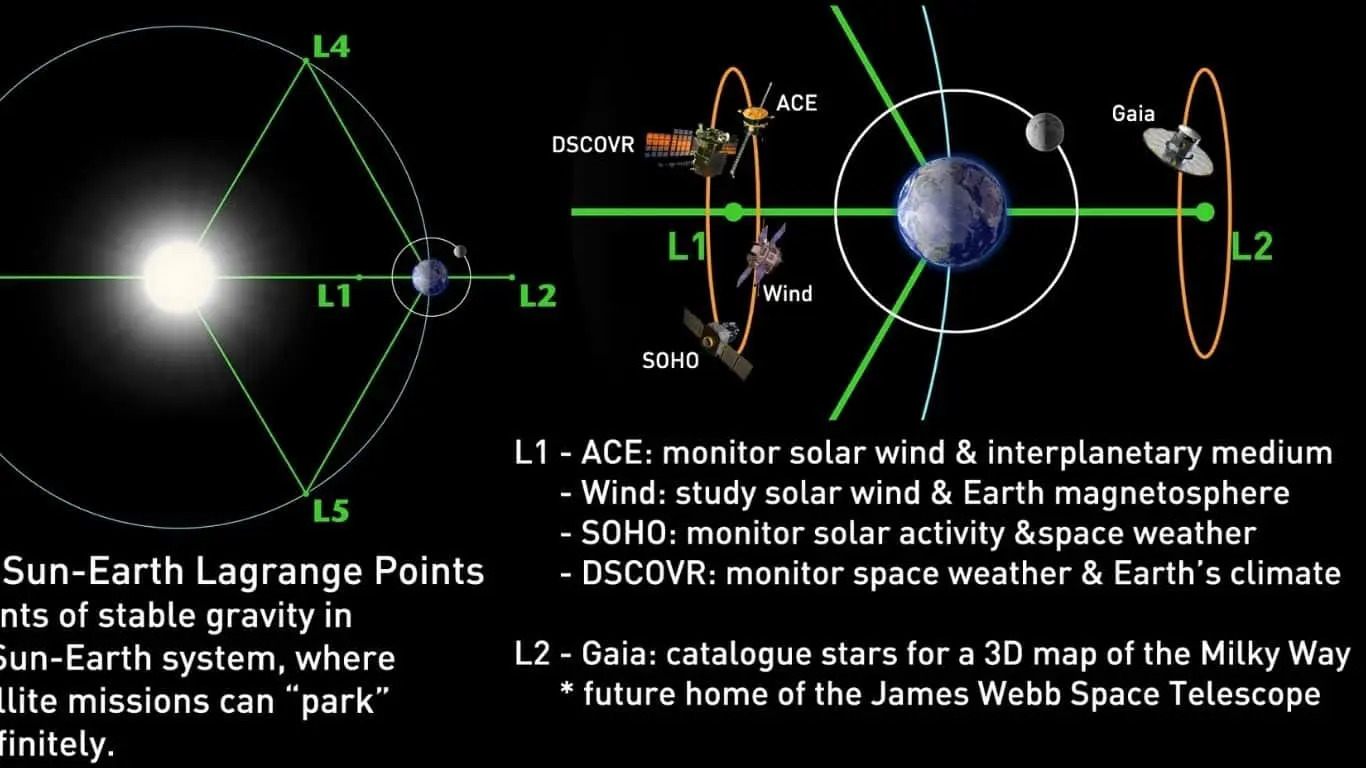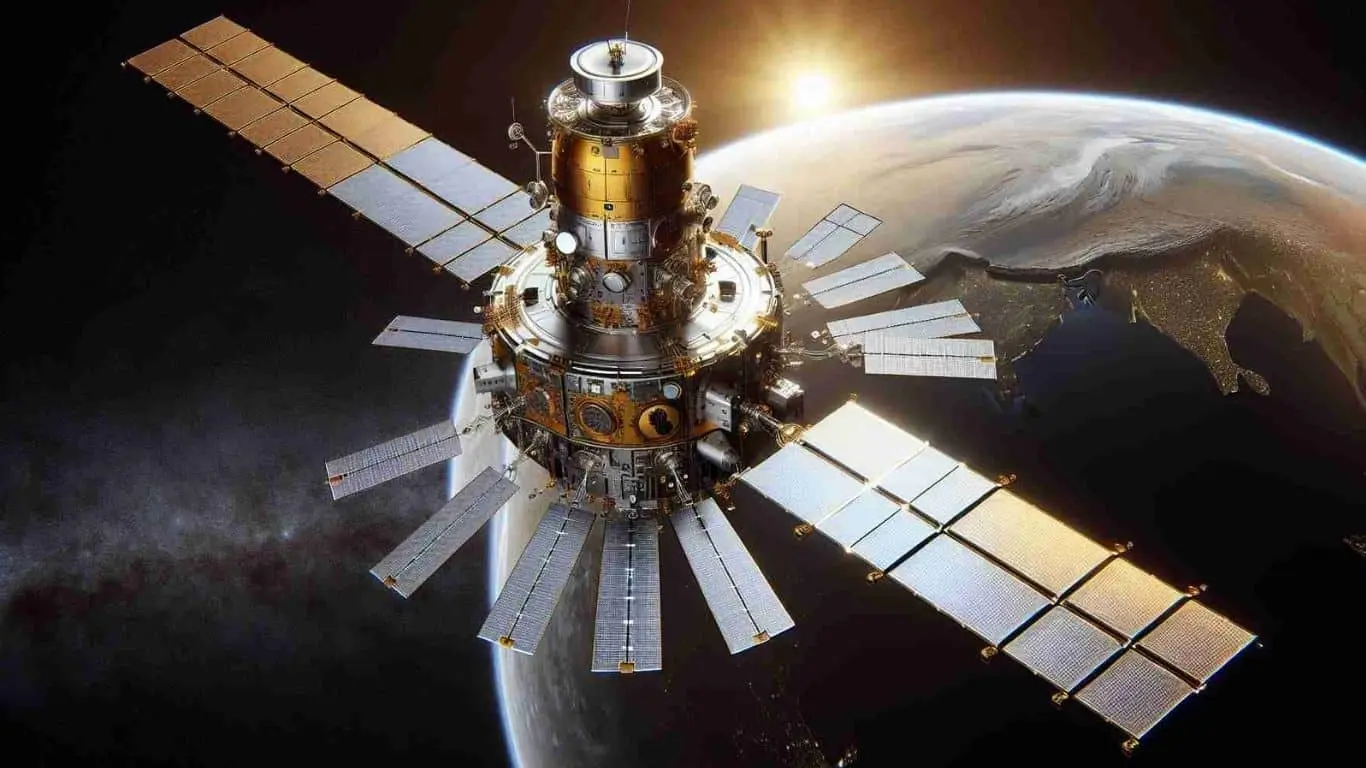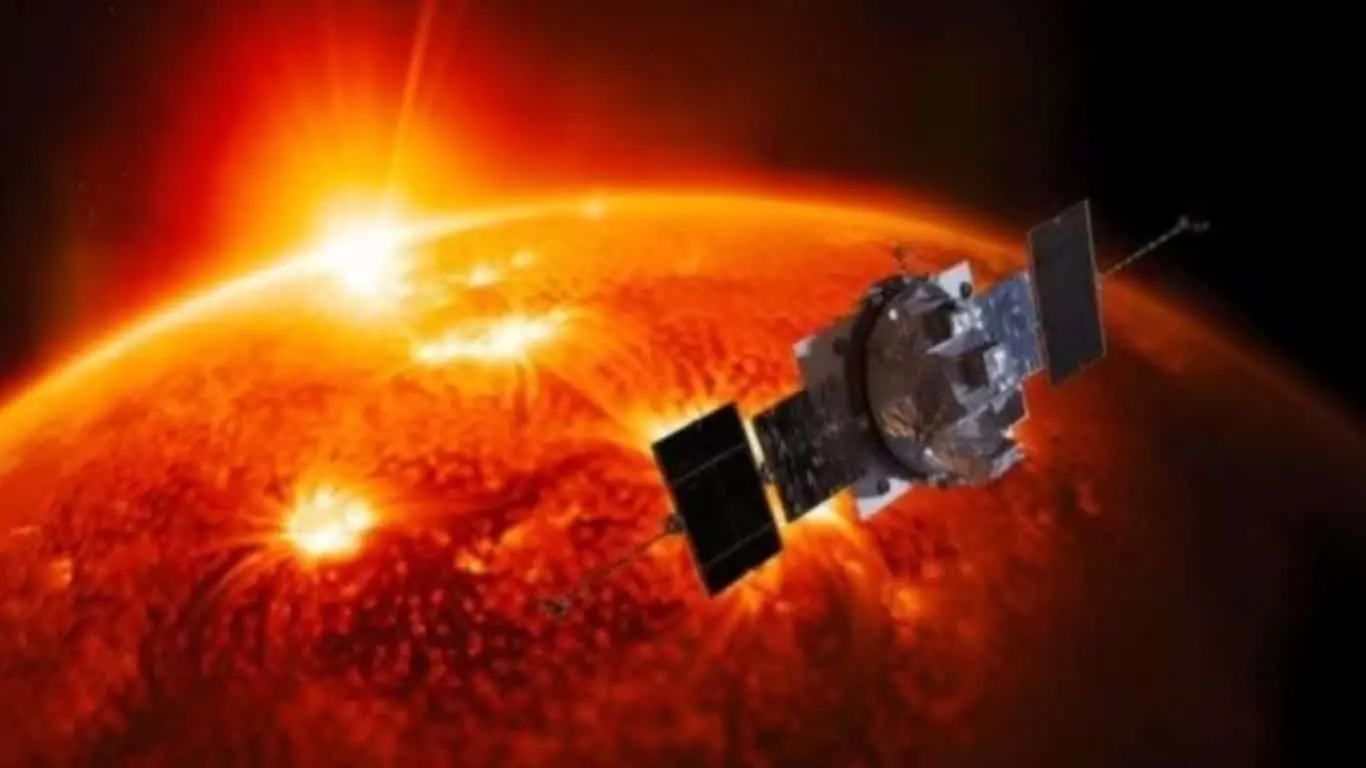Aditya L1, India’s pioneering solar mission, is on its trajectory to make a historic rendezvous with the Lagrangian point L1 on January 6, 2024. This mission, launched from the Satish Dhawan Space Centre, marks India’s first dedicated venture to study the Sun from a unique vantage point 1.5 million kilometers from Earth. The spacecraft’s journey is not just a testament to India’s growing capabilities in space exploration but also a critical step towards understanding our closest star, the Sun.
The Significance of Lagrangian Point L1

The L1 point offers an uninterrupted view of the Sun, making it an ideal spot for monitoring solar activities and understanding their impact on space weather. Being positioned at L1 allows Aditya L1 to have a continuous view of the Sun, free from Earth’s shadow, enabling it to observe phenomena like solar flares, coronal mass ejections, and other solar activities that have direct implications for space weather affecting satellite communications and power grids on Earth.
The Mission’s Crucial Manoeuvre
Upon reaching L1, Aditya L1 will execute a vital manoeuvre to maintain its halo orbit around the point. This carefully planned action is crucial for the mission’s success, as it ensures that the spacecraft remains stable and can conduct its observations without interruptions. The manoeuvre involves firing the spacecraft’s onboard thrusters to adjust its trajectory and speed, ‘trapping’ it in the desired orbit around L1.
International Collaboration
The mission’s significance is magnified by the support and collaboration from international bodies. The European Space Agency (ESA) plays a critical role by providing deep space communication services, essential for maintaining contact with Aditya L1 over vast distances. Moreover, ESA’s assistance with flight dynamics software demonstrates the shared technological and scientific interests that drive global advancements in space exploration.
Future Vision: India’s Space Ambitions

ISRO Chairman S Somanath’s vision extends beyond the immediate mission. He speaks of India’s broader ambitions in space technology, including the plan to build an Indian space station, ‘Bharatiya Space Station.’ These aspirations align with Prime Minister Narendra Modi’s vision of making India a technologically advanced nation. The space sector is seeing the emergence of new actors, and India aims to support and build an economy around this new generation, focusing on sectors where it can excel and make a global impact.
Enhancing Scientific Understanding
The data gathered by Aditya L1 will contribute significantly to our understanding of the Sun and its various aspects. By studying the Sun’s photosphere, chromosphere, and corona, scientists can gain insights into the complex mechanisms that drive solar activity. This understanding is crucial for predicting and mitigating the effects of solar storms on Earth’s technological infrastructure.
Setting the Stage for New Discoveries
As Aditya L1 nears its destination, the excitement within the scientific community is palpable. This mission not only represents a significant stride in solar research but also reflects India’s growing stature in global space exploration. The successful placement of Aditya L1 at the L1 point will open up new avenues for discovery, enhancing our understanding of the Sun and its influence on the solar system. With this mission, India is not just reaching for the stars; it’s helping to unlock the mysteries they hold.
Also Read: Midjourney’s transition to its own specialized website marks a significant milestone in the realm of AI art









